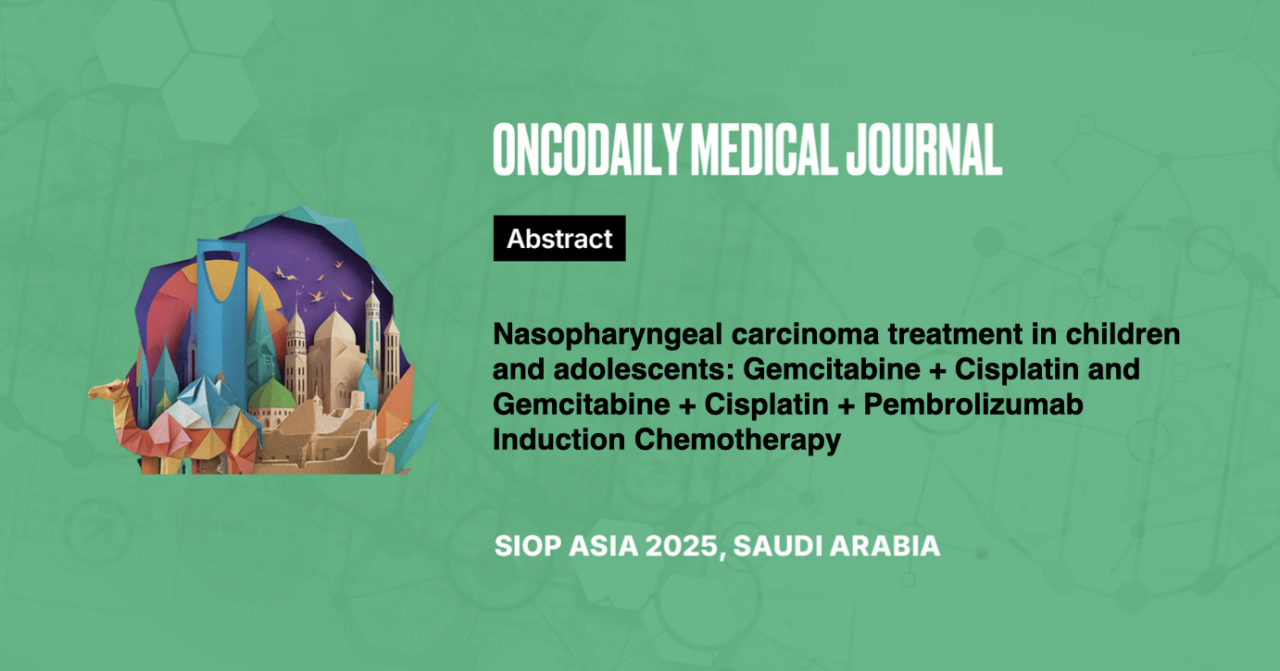Nasopharyngeal carcinoma treatment in children and adolescents: Gemcitabine + Cisplatin and Gemcitabine + Cisplatin + Pembrolizumab Induction Chemotherapy
Abstract
Introduction: Despite the high effectiveness of modern treatment protocols for localized nasopharyngeal carcinoma (NPC) in children, some patients (≈20%) do not achieve treatment success, which entails an extremely unfavorable prognosis due to the low effectiveness of possible subsequent treatment options. Another problem is the treatment of patients with primary metastatic NPC – 5-year OS is only 25−57%. The toxicity of a chemotherapy regimen containing 5-FU is also a concern.
Methodology: The pilot analysis included 14 previously untreated patients with a morphologically verified diagnosis of NPC, who received treatment according to the NFC-DGOI-2022 protocol in children’s oncology hospitals in Russia and the Republic of Kazakhstan from November 2022 to July 2024 (20 months). The average age of patients at the time of diagnosis was 14.4 years (range 12–17 years). The ratio of boys to girls was 10/4. 3/14 patients had stage II of the disease, 6/14 – III, 3/14 – IVA, and 2/14 – IVB. Objective response after completion of the induction phase of treatment was assessed as part of RECIST 1.1. Toxicity assessment was carried out according to CTCAE 5.0.
Results: All patients included in the pilot analysis completed the planned induction therapy phase. After the induction phase of treatment, a response was found in 3/14 cases, a partial complete response in 11/14. There were no cases of unexpected toxicity or deaths in any case. All chemotherapy courses were carried out in compliance with the timing specified in the treatment protocol. The most common grade ≥ 3 adverse events were hematologic toxicity (14/14) and febrile neutropenia (2/14).
Conclusion: The induction chemotherapy regimen, including gemcitabine and cisplatin, demonstrated high immediate antitumor efficacy and satisfactory tolerability.





